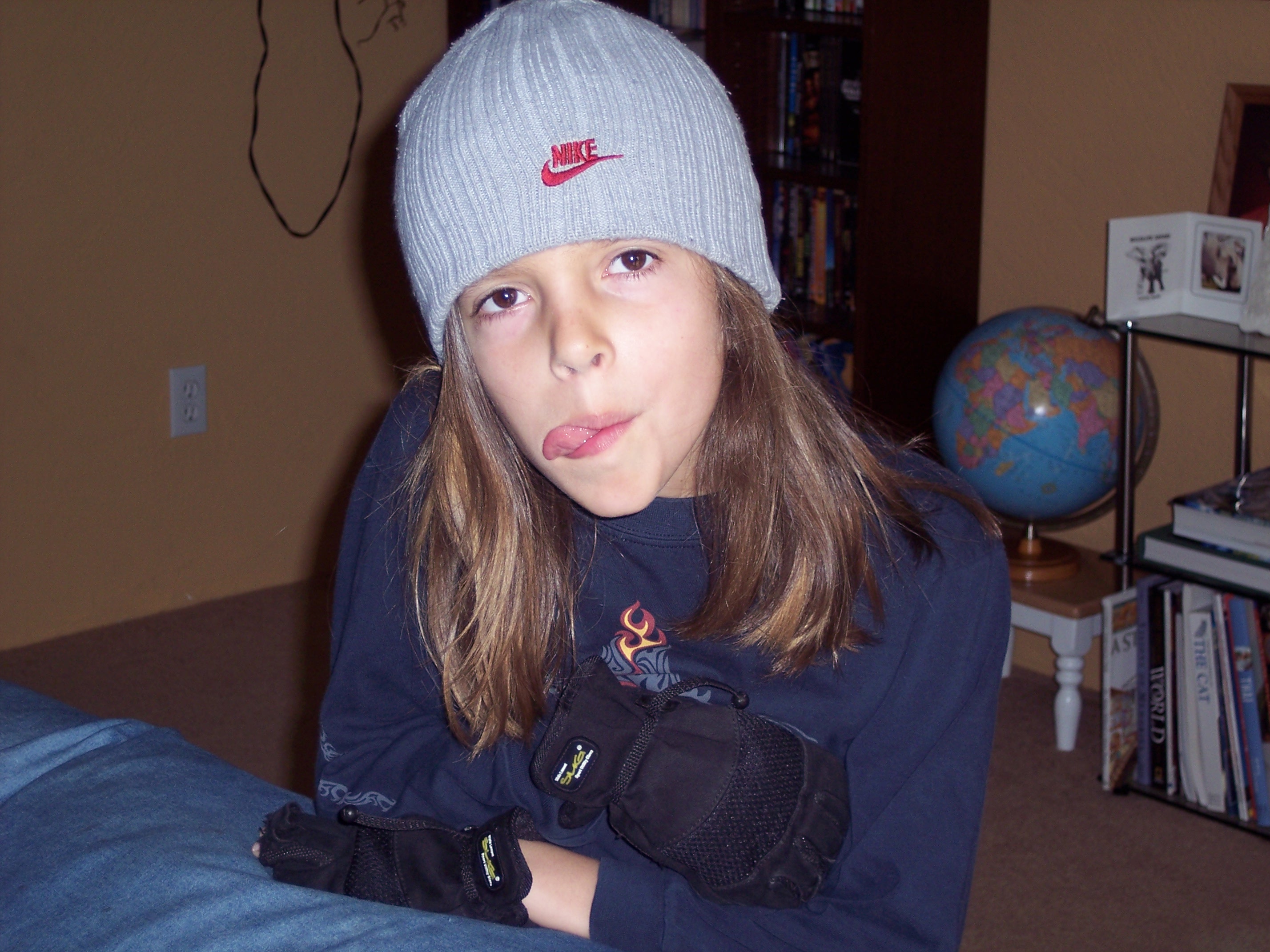We have been waist-deep in Birthday-Induced Toy Envy and Younger Brother Control Issues. Far be it for me to think that this problem might have abated by now, but apparently twelve- and thirteen-year-olds are just as susceptible. Only now they are bigger and hormonal. And they’re not embarrassed bickering in front of their friends.
For his birthday this past weekend, Aidan received a toy that has flown off the local toy store shelves: Transforming Wall-E. His father had purchased it a month earlier in LA and brought it up to Oregon for the party. Nigel fell in love with it, and Aidan exploited that by not letting Nigel hold it. This is difficult territory for me for several reasons.
- I want Aidan to share, but I don’t want it to be forced.
- He already accuses me of favoring Nigel.
- Nigel can learn patience about getting to hold his brother’s new things, but I certainly can’t expect commendable behavior from him in the same sensory-overloaded situation.
So Nigel kept nagging and Aidan kept refusing and Nigel’s behavior was escalating, but I was distracted getting dinner ready for a bunch of adolescent boys and couldn’t intervene. Finally, I had them all sit at the kitchen table, hoping the pizza and root beer would be enough to distract Nigel, but it was too late. He was in meltdown mode, clenching his fists, gritting his teeth, and growling. “Nigel, relax and eat your pizza,” I calmly suggested. “RRRRRRAAAOORRRR!!!” he growled in the face of the boy seated next to him. Fortunately, I was nearby and was able to grab Nigel as he lunged at the poor boy (a wonderful family friend who has witnessed Nigel’s meltdowns before and still agrees to come to our home). I managed to walk Nigel to his room as he growled, hissed, and clawed at me, his eyes wide with a combination of rage and fear. I reminded him that he needed to calm himself before he could finish eating and hang with his friends, and then I went back to the kitchen to apologize.
The friend whom Nigel had roared and lunged at asked if Nigel was okay, bless his compassionate heart. I thanked him for being so understanding. When I went to check on Nigel about fifteen minutes later, he had shredded a file folder, but he was de-escalating. I could tell he wanted to rejoin his friends because he was lying on the floor on his back, with most of his body outside of his bedroom door, and he was quietly talking to himself. Five minutes later, he was running around with his friends, laughing.
The next day, he came to me and asked if I would buy him his own Wall-E toy. I told him that he could use his allowance to buy it, but that all the local stores were sold out, so we would need to order it online. He flopped down on the chair in my office and said, “They’re like a flying pack of locusts, taking everything they can get! If only they could let me have a chance!” This was said with much more emotion than his usual flat tone. “Who?” I asked. “The store customers?” “Yes!” said my son, victim of consumerism.
And Aidan, I’m happy to say, finally relented. Last night, the three of us were relaxing on the couch watching a movie. Nigel diplomatically requested to hold Wall-E for “only a minute.” Aidan gave him three. And all was well in my little corner of the universe.

